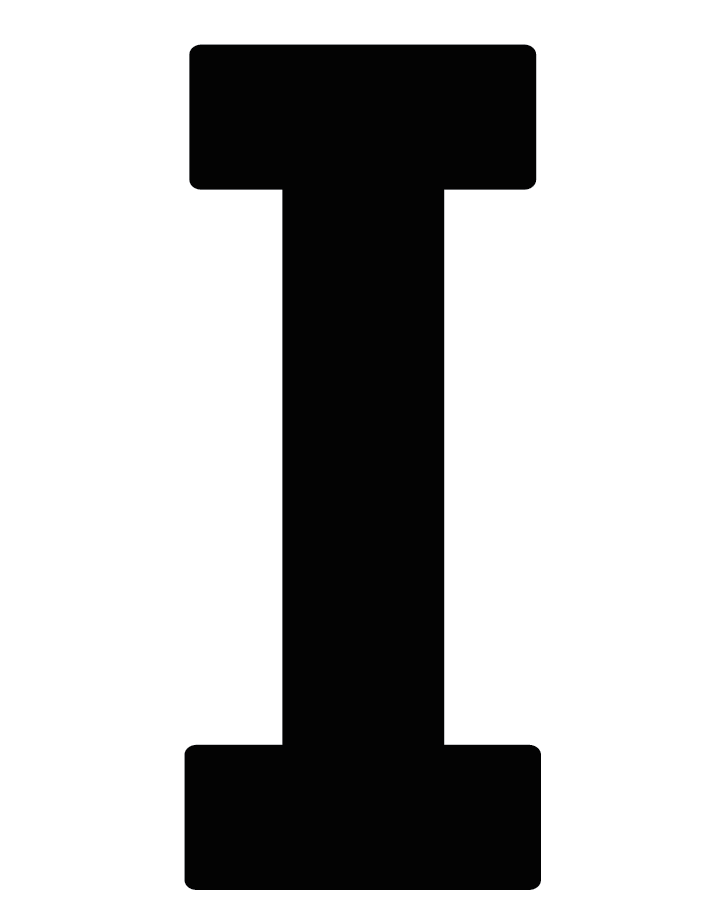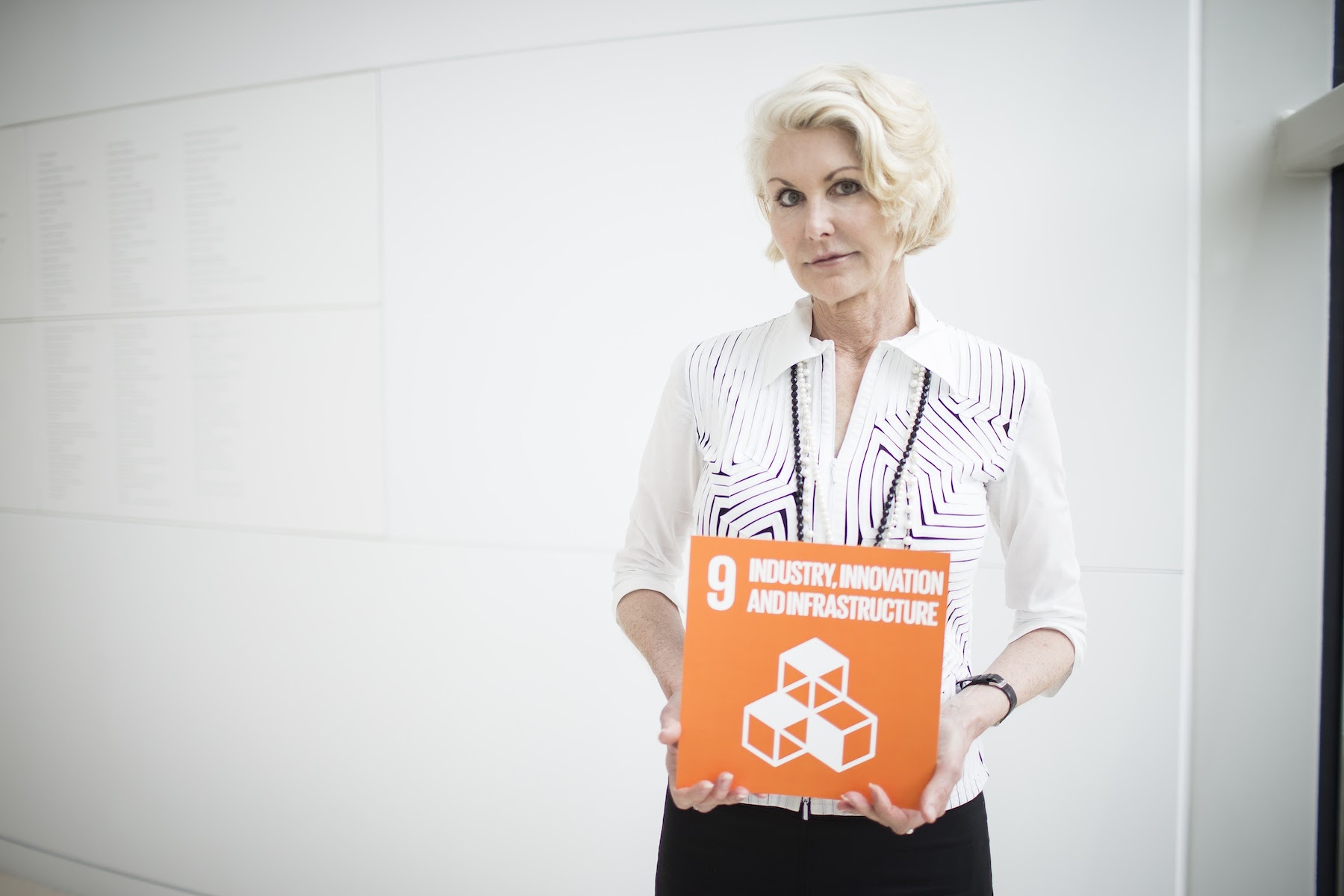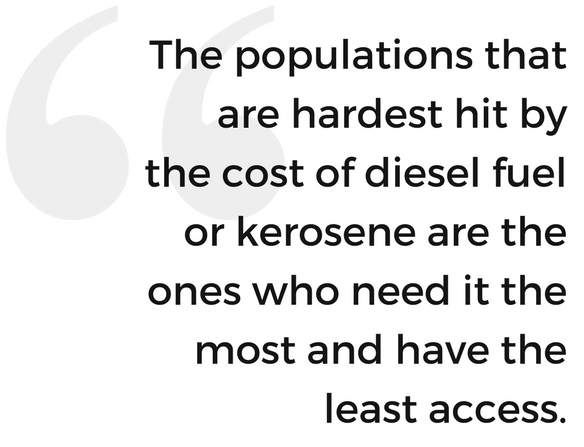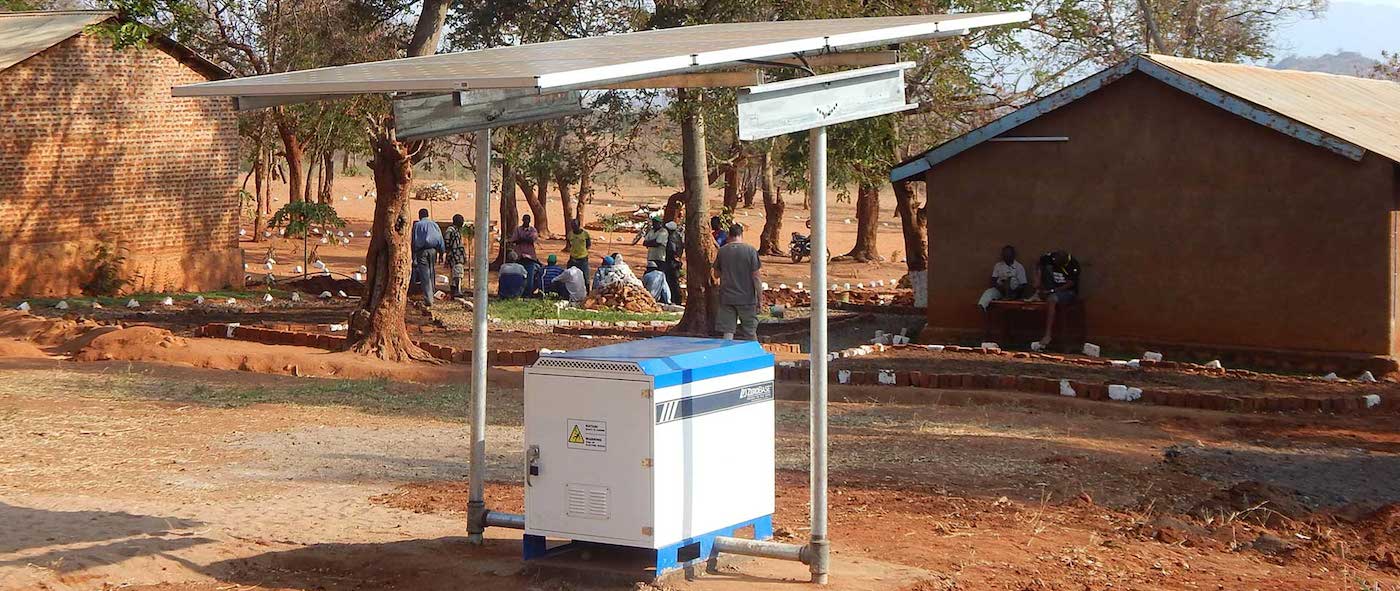 n the early 2000s, a breakthrough in renewable energy arrived with the proliferation of lithium-ion batteries, the then-cutting-edge rechargeables that have since formed the backbone for everything from cell phones and laptops to airplanes and electric cars. More recently, the batteries stole headlines when Samsung recalled 2.5 million Galaxy Note 7 smartphones due to their propensity to overheat and explode.
n the early 2000s, a breakthrough in renewable energy arrived with the proliferation of lithium-ion batteries, the then-cutting-edge rechargeables that have since formed the backbone for everything from cell phones and laptops to airplanes and electric cars. More recently, the batteries stole headlines when Samsung recalled 2.5 million Galaxy Note 7 smartphones due to their propensity to overheat and explode.
As it turns out, despite their ubiquity, lithium-ion batteries are a blatantly ineffective solution to energy storage: they become hazardously unstable if temperatures aren’t properly managed; they have a very limited lifespan; and most importantly, their production is predicated on the use of cobalt — an intensely toxic rare earth element.
Regardless of the obvious energetic, environmental, and ethical drawbacks to cobalt-dependent lithium-ion, industry giants like Tesla continue to manufacture inefficient and potentially hazardous batteries at irreverent scale.
The reality is that whoever builds a better battery will unearth the greatest hidden treasure of the energy industry: and SimpliPhi Power has it cornered.
Read the full Q&A with CEO Catherine Von Burg below:
 Photo courtesy of Chet Strange.
Photo courtesy of Chet Strange.
What does SimpliPhi Power exist to do?
CVB: SimpliPhi Power designs and manufactures efficient, non-toxic, and long-lasting energy storage and management systems. We build batteries and we build integrated systems with renewable generation sources.
Prior to SimpliPhi Power’s technology, what were existing power storage solutions?
CVB: Batteries, of course, have been around for a long time. But historically, batteries have been toxic, hazardous, and very short-lived. The industry incumbent, lead acid, and in the very early 2000s, we saw newer innovations around lithium ion chemistries. Early chemistries in lithium ion were very toxic, because they utilized a chemical known as cobalt. Today, the misconception is that the lithium was toxic — we’ve seen cell phones blow up, Boeing’s problems, laptops, cars — but it’s actually the cobalt that is hazardous.
What are the limitations associated with cobalt-lithium batteries, and how does SimpliPhi Power’s technology solve for that?
CVB: There are very real limitations with cobalt-lithium batteries: the fire hazard, toxicity, short life cycle, and extreme sensitivity to temperature, to name a few. In 2007, Dr. Goodenough out of Austin, Texas, innovated a new lithium chemistry — lithium ferrophosphate — and our CTO began to innovate around that chemistry as well.
As a company, shifting from cobalt-based chemistry to lithium ferrophosphate has been very important to us, because we look at the whole supply chain in the build of a battery. We’re concerned about the extraction of the rare earth elements that go into the making of a battery. If there’s a toxic, hazardous substance, then the mining is likely to be very detrimental to the people who are extracting it, as well as to the environment. In fact, cobalt mining is likened to blood diamond mining practices.
From extraction to manufacturing, to the life of that product before it hits recycling or landfill, all of it matters to us. Our batteries are non-toxic, incredibly long-lasting, and we have the broadest operating temperature in the industry.
What gets you out of bed every morning excited to do this work?
CVB: What gets me out of bed every morning is the impact that this technology has on people’s lives in a very practical way. The fact that we can emancipate families who are dependent on inadequate resources, whether it’s the intermittency from incomplete, inadequate, or aging infrastructure, is astounding.

We can empower people, families, and entire communities to generate their own power and be independent, and not rely on top-down, centralized generation and distribution systems. For me, seeing our technology at work and witnessing the difference it makes in these communities is a life-changing experience.
What are some of the choices that the 1.2 billion people living without access to a reliable source of power have to make on a daily basis?
CVB: Oftentimes, these families have to make decisions between feeding their children, or providing medical care or basic schooling supplies, because any kind of money that they do have goes to purchasing diesel fuel or kerosene.
In the most remote communities, where access to power is so desperately needed, the cost of importing diesel or kerosene is the most expensive. That means that the populations that are hardest hit by the cost of diesel fuel or kerosene are the ones who need it the most and have the least access.
We’re partnering with organizations, non-profits, NGOs, as well as private enterprise — those sort of forward-thinking utilities who are purchasing these assets and installing them in homes.
An example would be in Chile, where we now have 160 homes in the first wave of a project. These families live high up in the mountain plains and rely only on diesel fuel. They are forced to make very difficult decisions when it comes to power and basic lighting, between foregoing a critical need of the family and purchasing fuel.
With these plug-and-play integrated units that we have built with our partners, we can install them in homes like a small appliance with a couple of solar panels on the roof, and the families become independent generators of their own power. They can then store it in our batteries for when they need it, not just when the sun is shining, not just when the wind is blowing.
Being an entrepreneur is incredibly trying — what motivates you when the work is hard?
CVB: I think about how our work helps people to find their independence. With what we provide, they can literally harvest their own power and have a safe, small, lightweight, long-lasting unit that allows them to use that power on their terms, anytime, anywhere. It’s incredible.



